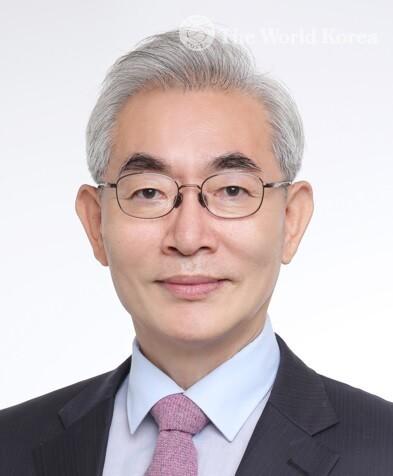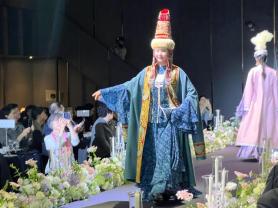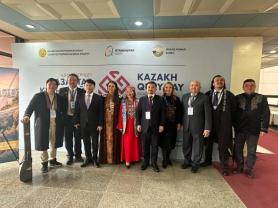
[This opinion article was contributed by Kim Dae-sik, Former Ambassador of the Republic of Korea to the Republic of Kazakhstan]
SEOUL, November 07 (AJP) - On November 6, 2025, the C5+1 Summit between the United States and the five Central Asian nations convened in Washington, D.C., marking the 10th anniversary of the framework’s launch and opening a new chapter for regional cooperation. Currently, six major global partners — the United States, Japan, the European Union, China, India, and the Republic of Korea — have established similar C5+1 platforms with Central Asian states. This reflects their shared understanding of Central Asia’s strategic significance, not only as a vital geopolitical crossroads but also as a region endowed with abundant natural resources essential to sustaining modern economies. Korea, too, is preparing to host its first-ever C5+1 Summit next year, signifying its growing engagement with the region.
Since their independence, the Central Asian republics have focused on nation-building based on social stability and, in recent years, have advanced toward modernization through reforms and openness. These efforts have yielded tangible progress — evidenced by the expanding network of C5+1 mechanisms established with leading global powers. Against this backdrop, the second U.S.–Central Asia Summit being held in Washington carries profound significance for the region’s political, economic, and strategic future.
The world is undergoing transformation at a pace never before seen. For Central Asia, the early 1990s were already a period of tremendous change, yet today’s challenges represent something even greater — a civilizational transition confronting all humanity. As some now refer to a new era of “AI sapiens” beyond “Homo sapiens,” nations are compelled to adapt swiftly and wisely. Reflecting such global shifts, the Republic of Korea hosted the APEC Summit last week under the theme “Bridge. Business. Beyond.”, emphasizing connection, innovation, and prosperity.
Kazakhstan, in particular, is accelerating institutional reforms to achieve economic diversification and enhance digital governance. Through timely policy measures — including improving the trade and investment environment, strengthening transportation connectivity, ensuring energy security, advancing digital transformation, and fostering high-tech industries such as AI and robotics — Kazakhstan is preparing for a new era in line with global dynamics.
President Kassym-Jomart Tokayev stands out as a leader endowed with extensive domestic and international experience, a deep understanding of global trends, and the wisdom to translate these insights into national progress. His leadership ensures that Kazakhstan will continue to navigate change with vision and pragmatism.
Just as the Republic of Korea, during its recent APEC engagements, achieved substantial cooperation outcomes with major partners such as the United States, China, and Japan, it is hoped that the U.S.–Central Asia Summit (C5+1) had yielded similarly meaningful results. This gathering has served as a catalyst for Central Asian nations to forge new paths of partnership, growth, and innovation amid the rapidly evolving global order.
Copyright ⓒ Aju Press All rights reserved.




